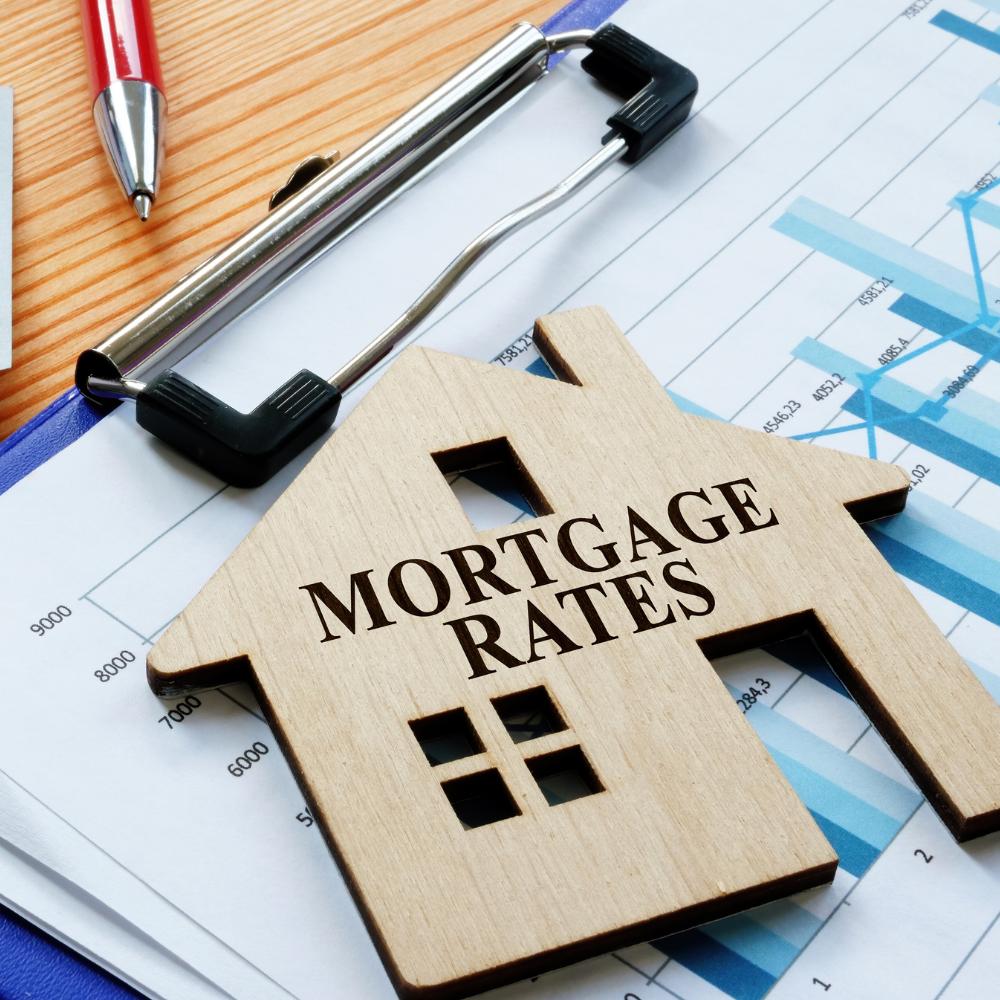
When you take out a mortgage to buy a home, one of the most significant expenses you’ll incur over the life of the loan is the interest you’ll pay. Understanding how much interest you’re paying on your mortgage is crucial because it can help you make informed decisions about refinancing, paying off your mortgage early, or even selecting the right mortgage product in the first place. In this article, we’ll discuss the factors that determine the amount of interest you pay and provide some tips on how you can potentially reduce your overall interest costs.
Factors Influencing Mortgage Interest Rates
Several factors influence the interest rate on a mortgage in the UK.
These factors include:
Bank of England Base Rate: The Bank of England sets the base rate, which directly affects the interest rates offered by lenders. A lower base rate means lower interest rates for borrowers, while a higher base rate translates to higher interest rates.
Lender’s Margin: Banks and other lenders add a margin to the base rate to cover their costs and make a profit. This margin can vary between lenders and is influenced by their risk appetite and overall market competition.
Loan-to-Value (LTV) Ratio: This ratio is the mortgage amount expressed as a percentage of the property value. A higher LTV ratio means that the borrower is taking on more debt, which typically results in a higher interest rate.
Credit Score: A borrower’s credit score significantly impacts the interest rate they receive on a mortgage. A higher credit score indicates a lower risk for the lender, resulting in a more favourable interest rate.
Loan Term: The length of the mortgage also affects the interest rate. Shorter loan terms usually have lower interest rates, while longer loan terms come with higher interest rates.
Type of Mortgage: There are different types of mortgages available in the UK, each with its interest rates and terms.
How to Calculate Your Interest Payments
To estimate how much interest you’ll pay on your mortgage, you can use an online mortgage calculator or follow these steps:
- Determine your principal, interest rate, and loan term.
- Calculate the monthly interest rate by dividing the annual interest rate by 12.
- Determine the number of payments by multiplying the loan term (in years) by 12.
- Use the mortgage payment formula to calculate your monthly payment: M = P[r(1+r)^n]/[(1+r)^n – 1], where M is the monthly payment, P is the principal, r is the monthly interest rate, and n is the number of payments.
- Multiply the monthly payment by the number of payments to find the total amount paid.
- Subtract the principal from the total amount paid to find the total interest paid.
Types of Mortgages in the UK
The two main types of mortgages in the UK are fixed-rate mortgages and variable-rate mortgages:
Fixed-Rate Mortgages: With a fixed-rate mortgage, the interest rate remains constant throughout the agreed term, usually 2, 5, or 10 years. This provides stability and predictability to borrowers, allowing them to budget effectively. However, fixed-rate mortgages may have higher interest rates compared to variable-rate mortgages during periods of low-interest rates.
Variable-Rate Mortgages: Variable-rate mortgages have interest rates that fluctuate according to market conditions. These include tracker mortgages, which follow the Bank of England base rate, and standard variable rate (SVR) mortgages, which are set by the lender. While variable-rate mortgages can offer lower interest rates initially, they are subject to change and may increase, resulting in higher monthly payments.
Finding the Best Mortgage Deal
To find the best mortgage deal, consider the following steps:
- Determine your needs: Consider factors such as your desired loan term, LTV ratio, and whether you prefer a fixed or variable-rate mortgage.
- Improve your credit score: A better credit score will help you secure a more favourable interest rate. Pay off outstanding debts, make timely payments, and ensure your credit report is accurate.
- Shop around: Compare mortgage deals from multiple lenders, including banks, building societies, and specialist mortgage brokers. Look beyond the headline interest rate and consider fees, incentives, and penalties.
- Seek professional advice: A mortgage broker or financial advisor can help you navigate the mortgage market and find the most suitable deal based on your financial situation and preferences.
Tips for Reducing Your Interest Payments
Refinance your mortgage: If you can secure a lower interest rate, refinancing your mortgage can help you save on interest costs.
Shorten your loan term: A shorter loan term usually comes with a lower interest rate and less interest paid overall.
Make extra payments: Paying extra toward your principal reduces the outstanding balance and can help you save on interest costs.
Choose a bi-weekly or weekly payment schedule: More frequent payments can help you pay down your principal faster, reducing the amount of interest you pay.
Final Thoughts
The amount of interest you pay on a mortgage in the UK depends on various factors, including the type of mortgage, your credit score, and the loan-to-value ratio. To find the best mortgage deal, be prepared to shop around, compare offers from multiple lenders, and seek professional advice if necessary. By understanding the factors that determine mortgage interest rates and being proactive in your search, you can secure the most favourable terms for your property investment.
Get a free initial consultation from a mortgage broker.
Related articles:
Can I still get a mortgage in the UK with a low credit score or a history of late payments?
What counts as “self-employment” when applying for a mortgage?
How to get a mortgage on a low income
How Much Deposit Do You Need for a Mortgage?
Top Tips for a Successful Bad Credit Mortgage Application
